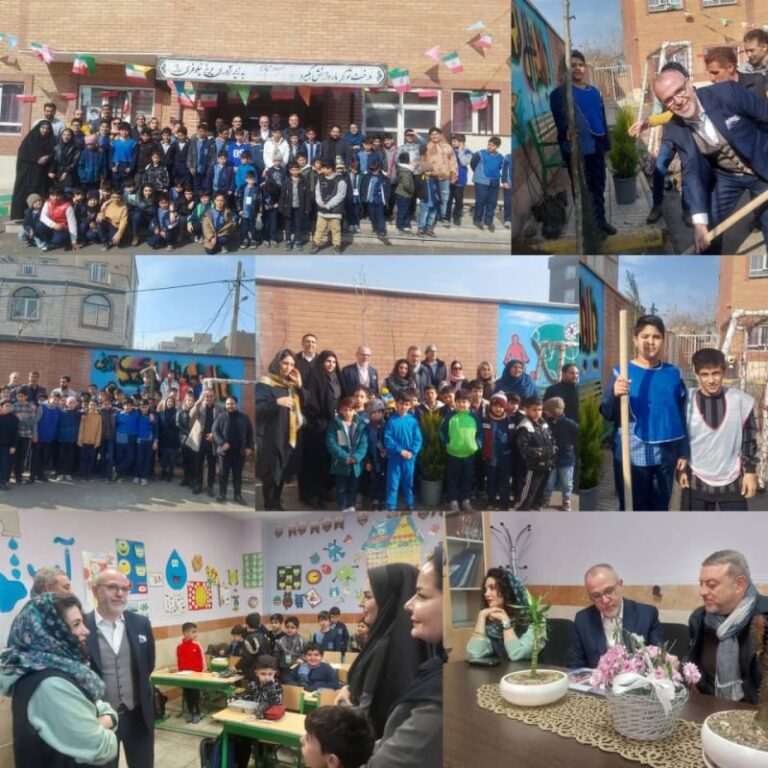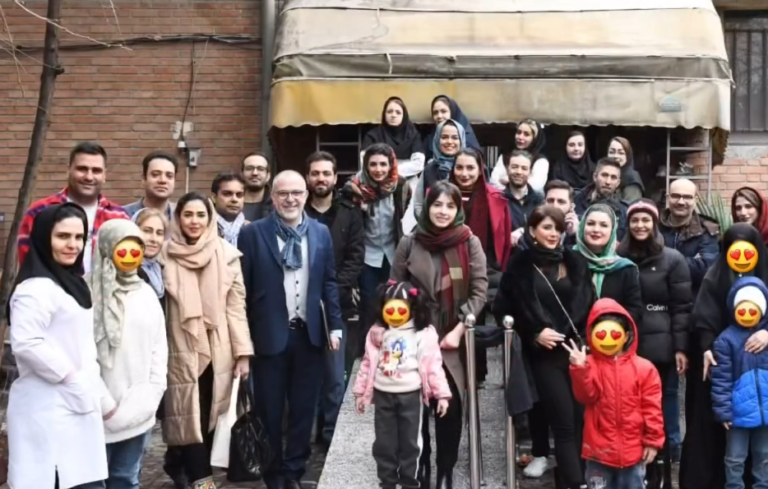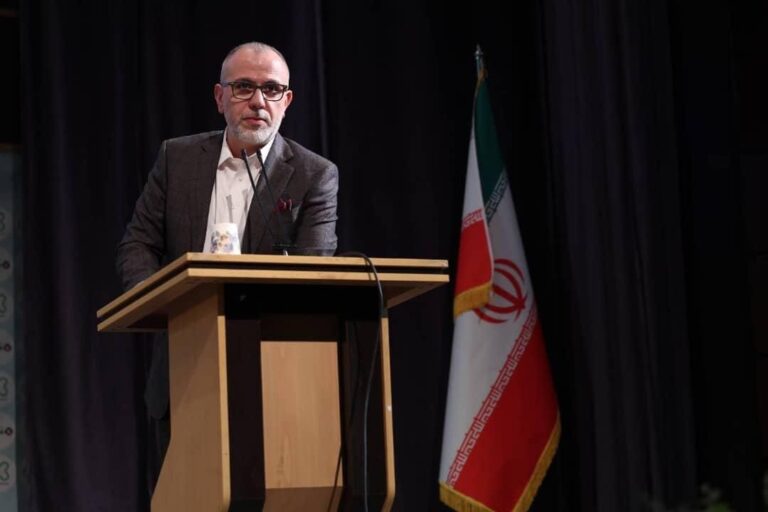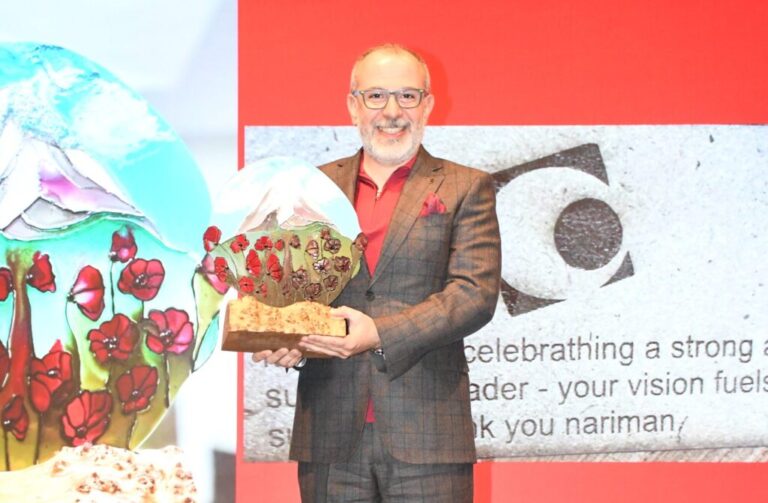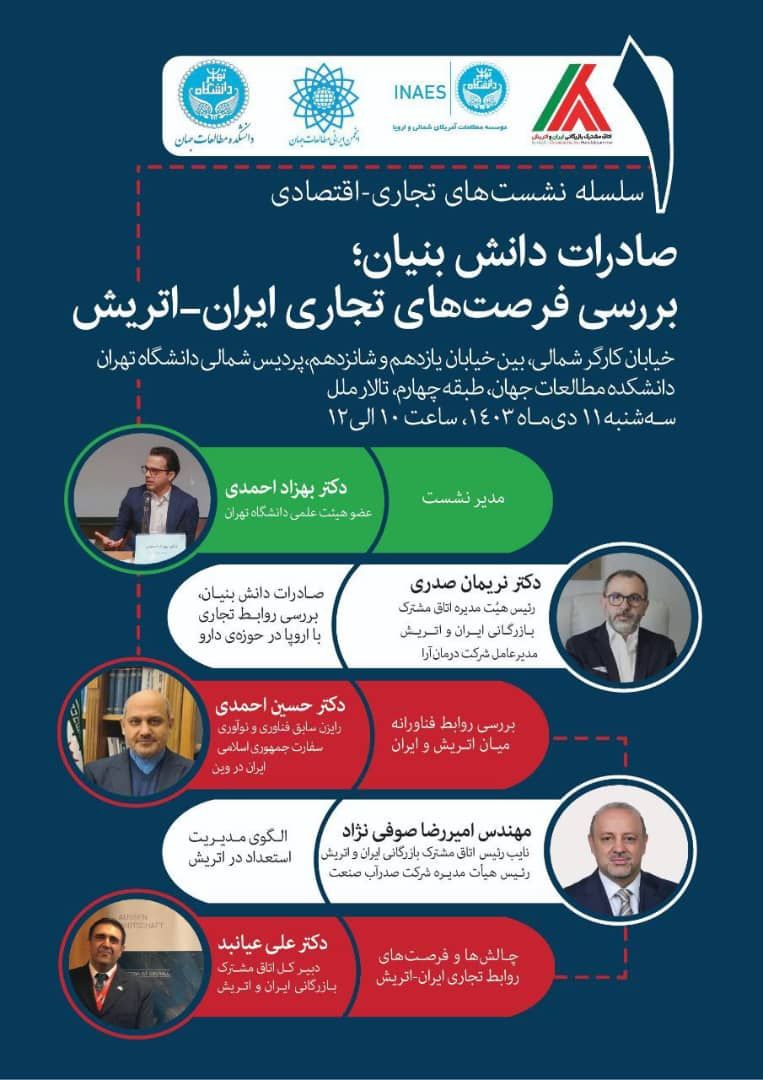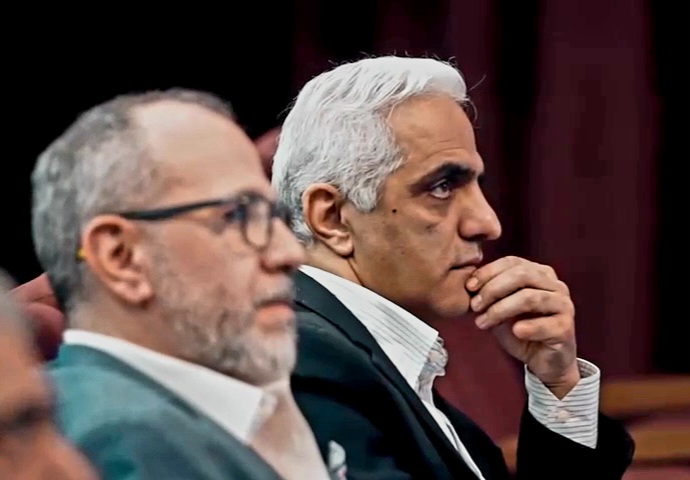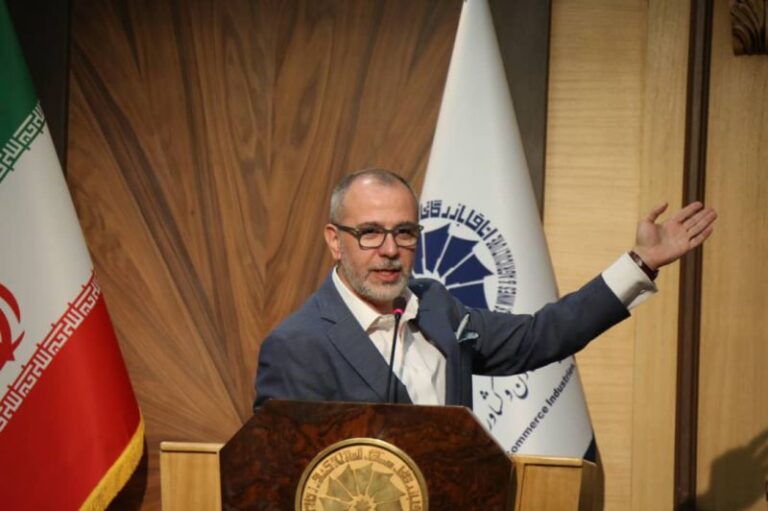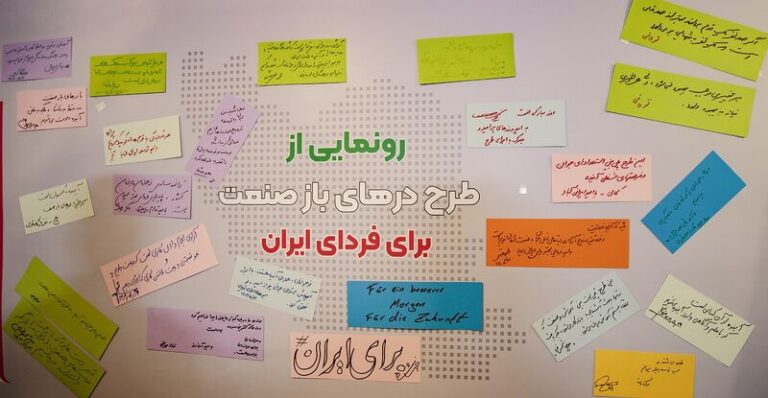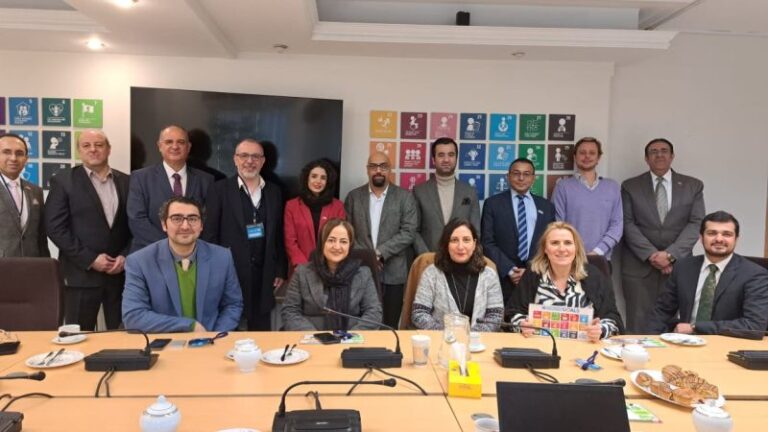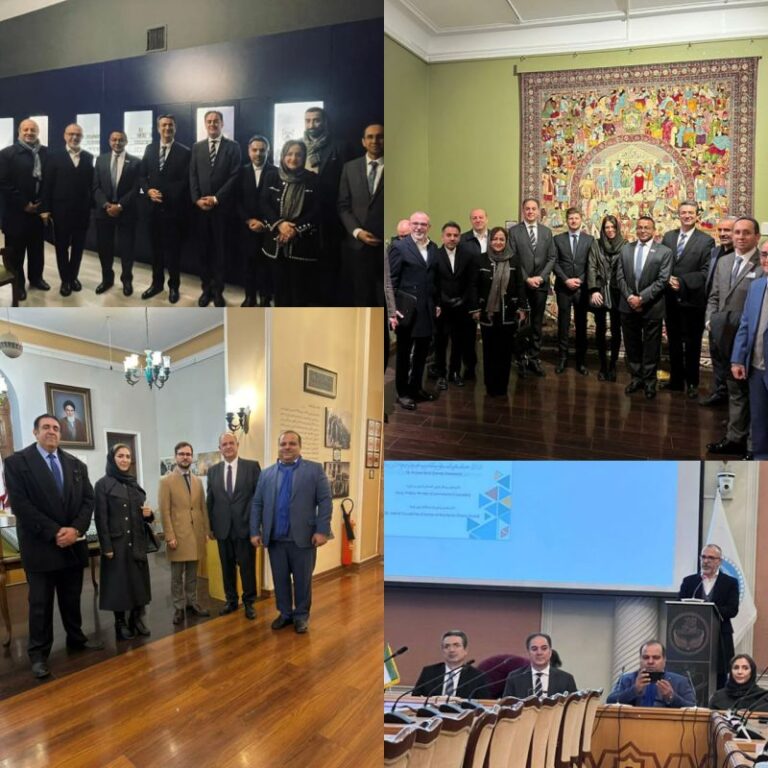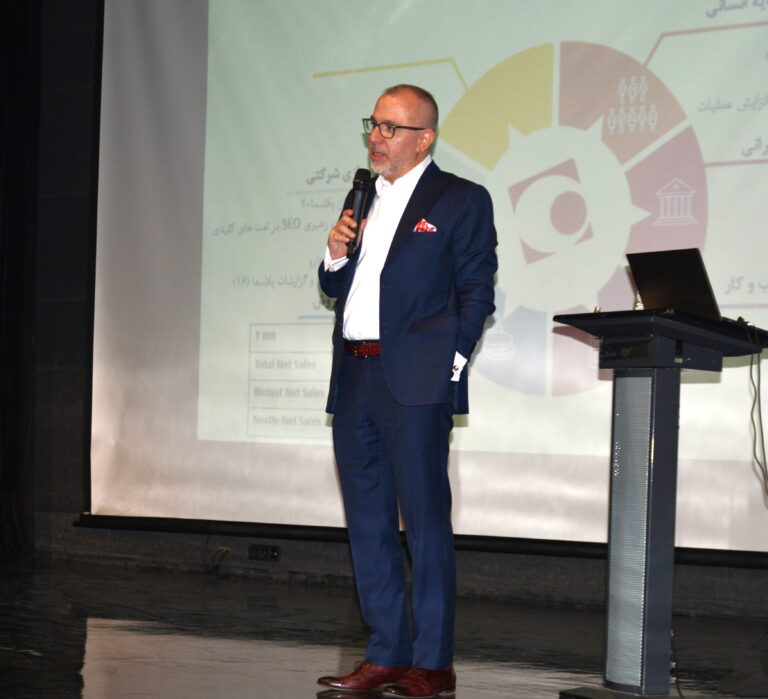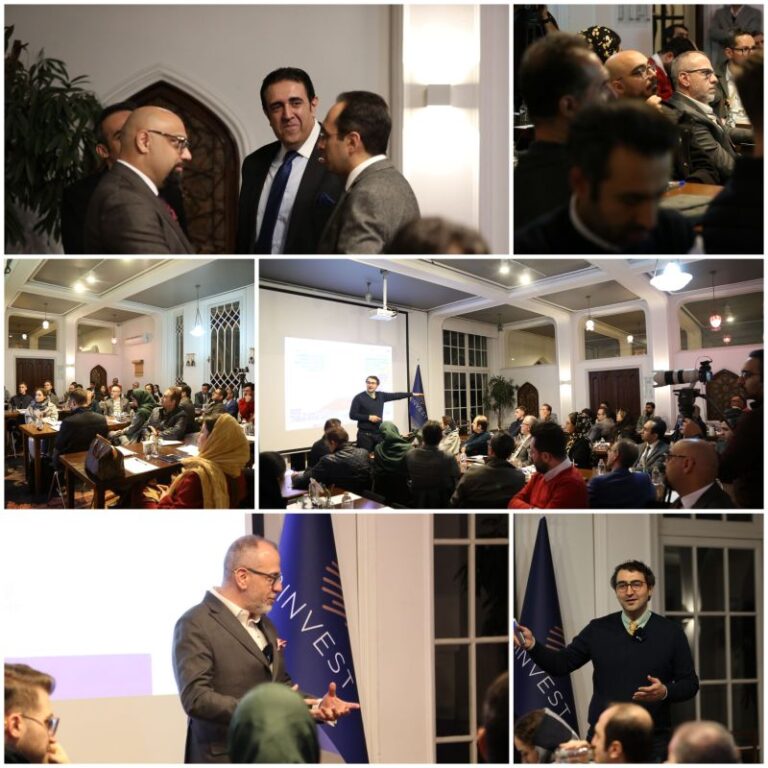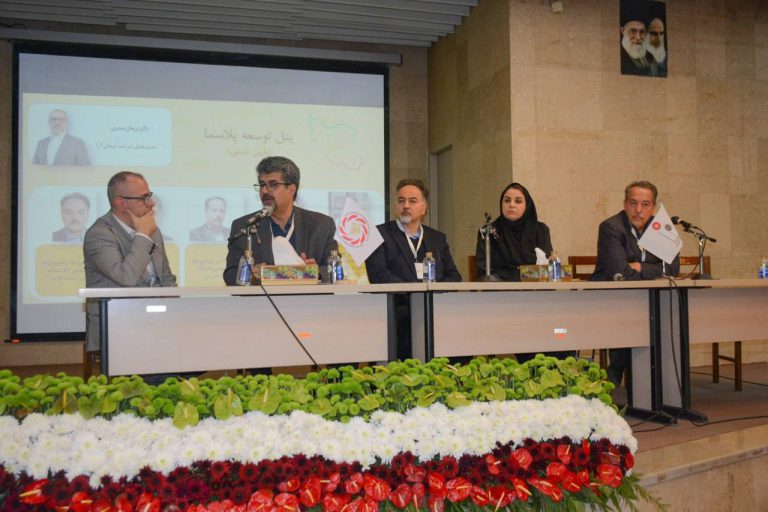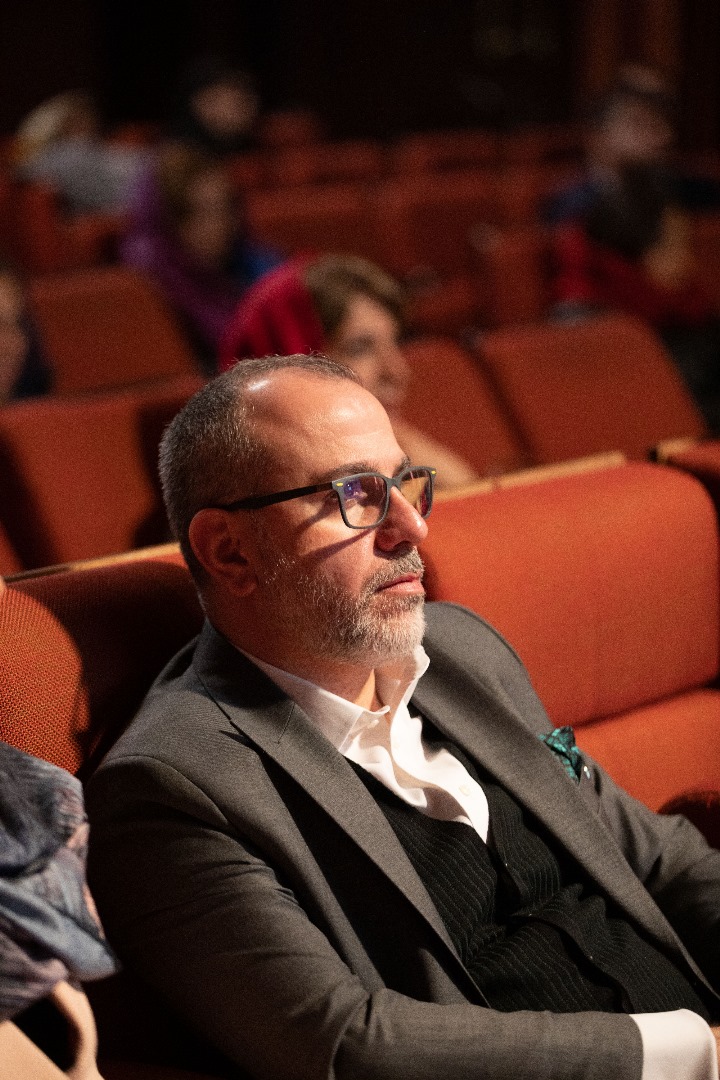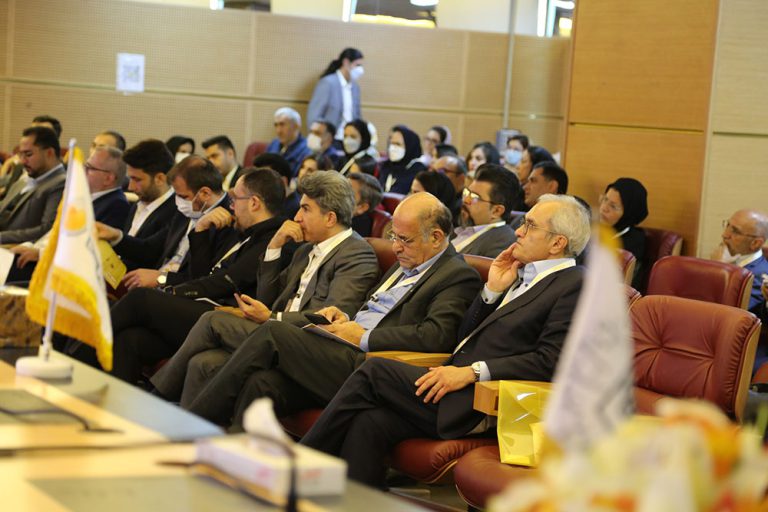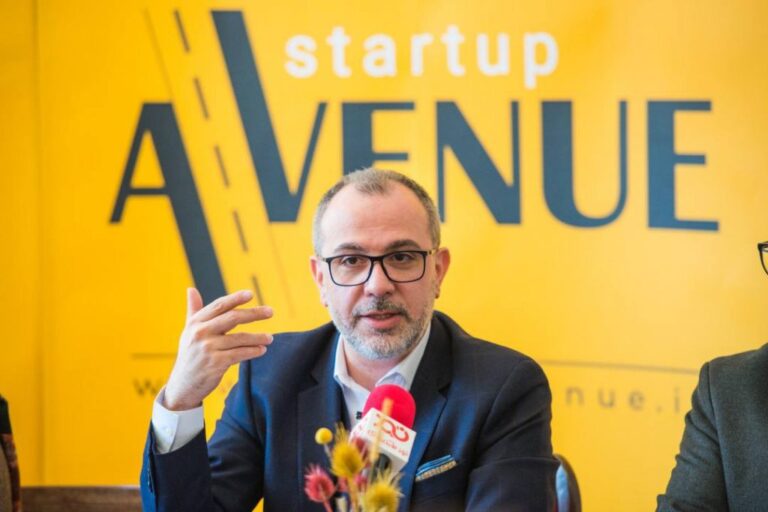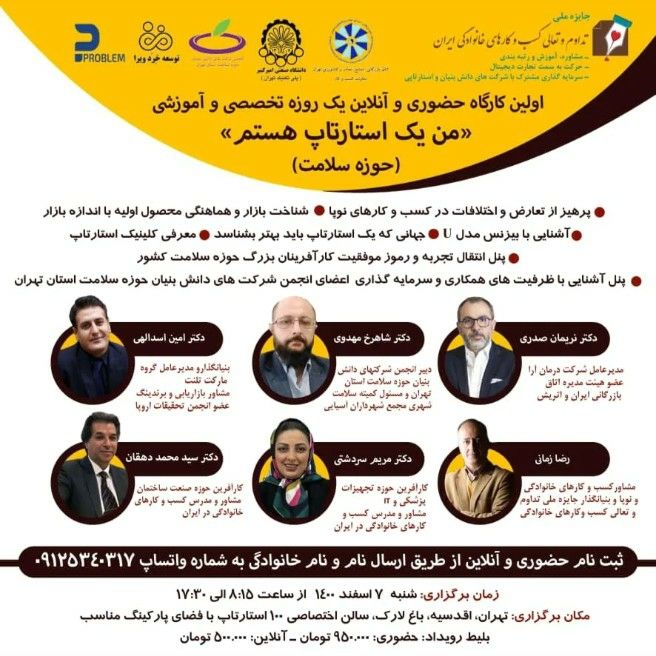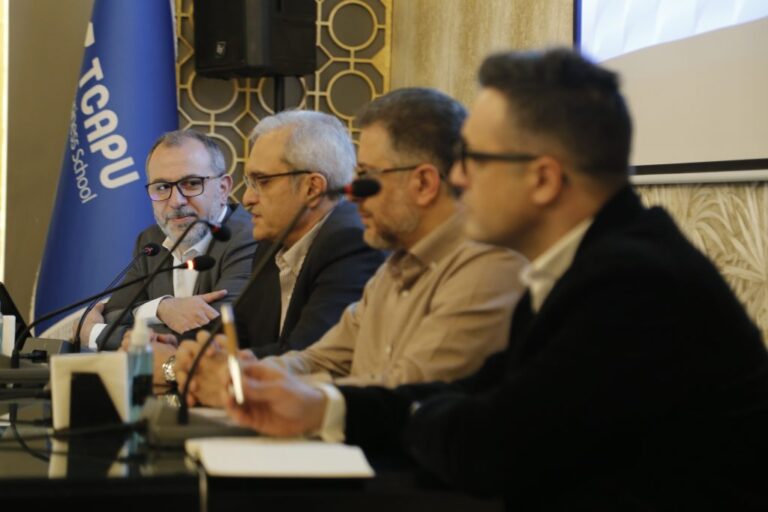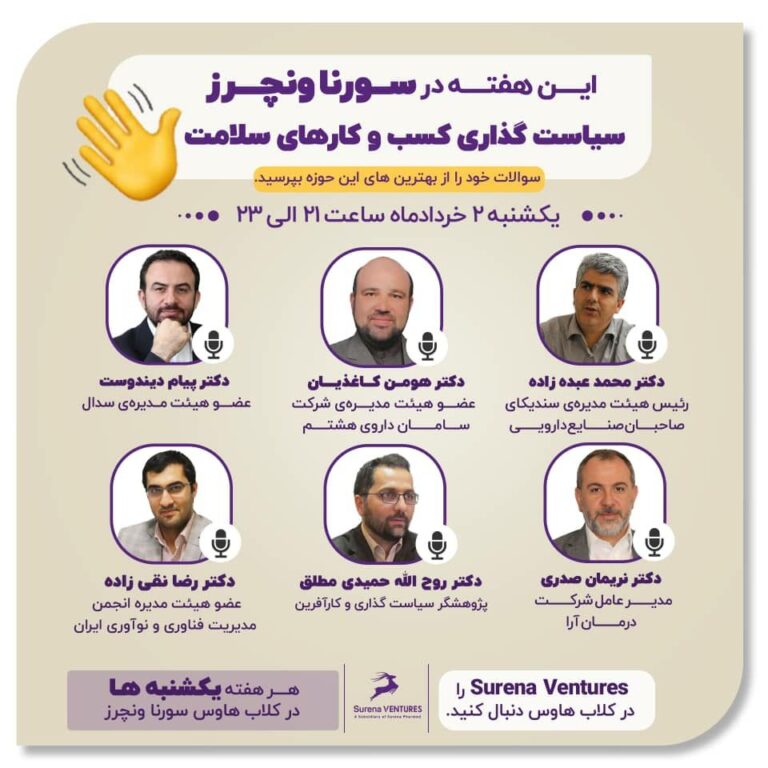These days, my mind is preoccupied – is there any hope for positive change? Why are there so many bad news stories? Why are there so many poor decisions made by decision-making bodies?
I’m listening to an incredible podcast by my favorite philosopher, Dr. Mojtaba Shakoori, discussing the book Why Nations Fail by the distinguished economist Daron Acemoglu. I’ve read this book before. It feels like every line of the book is parading before my eyes.
Parliament is in the process of passing a bill called the User Rights and Basic Online Services Protection Act. As always, I obsess over reading the bill before commenting on it, to understand its essence. The first chapter deals with general principles and definitions. The second chapter outlines the structure of the commission and the decision-making model. But the third chapter – covering the conditions and regulations for offering and operating basic online services – briefly explains that any international internet platform consuming more than five percent of international bandwidth must have a representative in Iran and comply with the commission’s regulations as described in the second chapter. And the rest of the story follows a similar path…
The current state of political institutions in countries results from the interplay of small institutional differences created throughout history among various nations and pivotal historical moments. Even minor differences may, at critical junctures, completely separate the paths of nations. Similarly, small changes over time can transform inclusive political institutions into extractive ones – and vice versa.
In August 1906, the Iranian people challenged the millennia-old monarchy in a decisive historical moment and took the first step toward creating inclusive institutions. More than a century has passed. We have faced many challenges and moved towards greater pluralism over the years. Even though the space tightened at times, Iranians have generally marched toward inclusive civil institutions.
What happened that now Parliament – created to counter elitism – is moving in such a regressive direction?
For development to occur in a society, the right decisions must be made. But decision-makers do not always make the right choices – not out of ignorance, but precisely because they know that making the right decisions redistributes power. Redistribution of power poses a threat to them.
The need for security – humanity’s most fundamental need – leads people to accept that a group capable of providing or jeopardizing security holds a monopoly on power. Those in power know that development is an intelligently destructive process for them. In exchange for providing security, they use their power to close public spaces and extract the maximum possible profit from economic and political markets.
But what can be done?
Daron Acemoglu’s historical analysis suggests that if people strengthen their coordinated collective action skills by joining and collaborating in small groups – and internalize behavioral habits essential for collective action, such as avoiding opportunism and tolerating others – they can leverage these social capacities at critical moments.
When elitist systems collapse, people can form large parties and institutions to prevent the return of elitism. Otherwise, nations will move from one elitist system to another, at great cost, while other nations advance into the next chapters of development.
Perhaps tomorrow, in team collaborations or neighborhood relations, we must practice these collective skills. Maybe I need to teach Sam how to avoid opportunism and accept others in his interactions with peers.
Hoping for a day when we all learn tolerance and patience.
Photo: For many of us, the name of this photo is The Failure of Nations.




